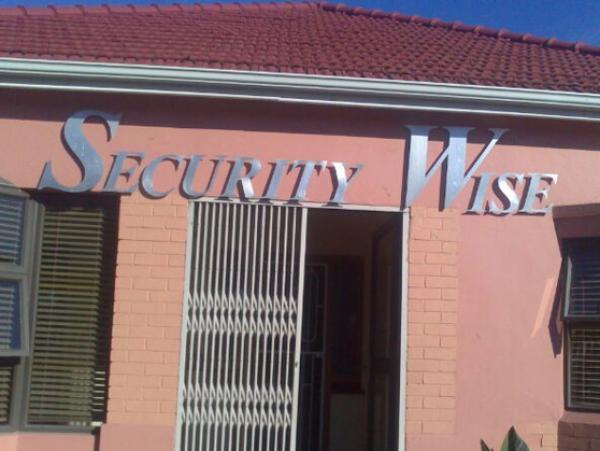Refugees lose security jobs

Over 100 refugees and asylum seekers have lost their jobs in Cape Town’s security industry, following enforcement of a 2002 regulation.
The main legislation governing the private security industry is the Private Security Industry Regulation Act (PSIRA). It was passed in 2001. In 2002 the Ministry for Safety and Security published regulations in terms of PSIRA. These regulations say that only citizens and permanent residents may register to be security guards (security service providers is the term used in law).
In the past two weeks, at least two Cape Town security companies have had to retrench foreign security guards who are not yet permanent residents. This includes refugees and asylum seekers.
The retrenchments have come about because the Cape Town City Council has insisted —as they are obligated to— that companies awarded security tenders must comply with the law, which is PSIRA in this case.
Councillor Xanthea Limberg, Mayoral Committee Member for Corporate Services, explained to GroundUp that when the City became aware that some security guards at the security companies that the City uses were not registered, City officials requested the the companies to provide proof of registration.
Limberg said that the companies were given reasonable time to provide the required information. She said, “Some security companies, of their own accord, chose to remove security guards for whom information was not readily available. The City did not give any instruction to remove a specific guard or group, other than to ask for proof of registration.”
Trevor (not his real name) is a 33-year-old telecom engineer and asylum seeker from Democratic Republic of Congo. He came to South Africa in 2010. He had been working for a company called Security Wise for three years, until he was retrenched.
Trevor claims his employer used South African sounding pseudonyms for foreign workers - names that belonged to ex-employees. About 80 foreigners were employed, he says. Trevor claims the foreigners would be sent to places with very bad conditions where South African citizens refused to go. For example, says Trevor, they would have to guard electricity transformers on city council land in Atlantis where there are no toilets or drinking water.
Trevor says he has reported his former employer to the CCMA. “He dismissed us unfairly. He did not give us notice or compensation. [He] announced that there is no more work for us at Security Wise because the City Council said they do not want to see foreigners on their premises. When we asked for our money, he said go and claim your money from City Council.”
GroundUp spoke to other former employees of Security Wise who complained about the way the company treated them. Allegations included delayed payments and failure to pay overtime. However, the telephone number for Security Wise is not being answered and GroundUp could not obtain comment from the company in response to the allegations
A human rights lawyer, who asked not to be named, told GroundUp that it would be unlawful to have a law or regulation that has a blanket ban on hiring refugees. He explained that refugees’ rights are protected in principle against unfair dismissals and exploitation in the same way as local employees.
Support independent journalism
Donate using Payfast

Don't miss out on the latest news
We respect your privacy, and promise we won't spam you.
Next: Khayelitsha youths punching above their weight
Previous: Cape Town’s chemical toilets violate human rights and other stories

This article is licensed under a Creative Commons Attribution-NoDerivatives 4.0 International License.
